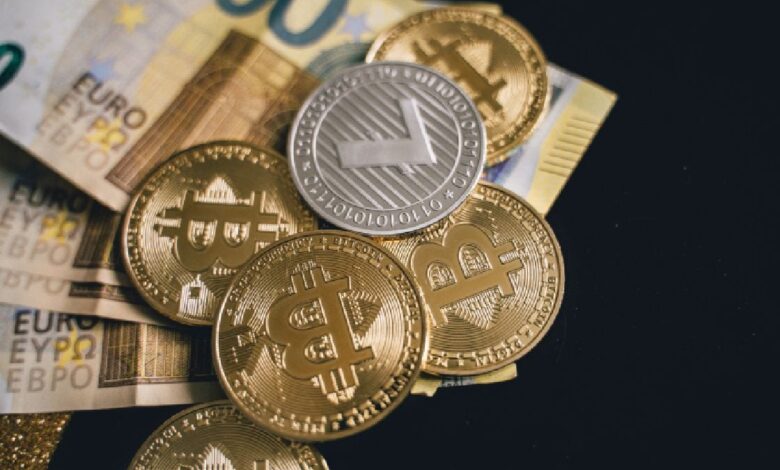UN Development Body Believes Banks Should Be Banned From Holding Crypto

The United Nation’s development arm, UNCTAD, believes that banks should be banned from holding crypto while suggesting that developing countries should implement extensive restrictions on the usage of cryptocurrencies, given the risks they pose to tax collection. The UN Conference on Trade and Development (UNCTAD), in a series of reports published on Thursday, warns that the rising use of crypto for domestic payments and by migrant workers sending funds back home poses a challenge to states’ authority in monetary matters, which may lead to “leakage” of development funds.
The agency suggests a volley of regulatory curbs that we’ve already seen a number of countries take, although not all at once. These include imposing higher taxes on crypto transactions, requiring exchanges and wallets to register with regulators, and curbing or forbidding crypto ads.
“The benefits that cryptocurrencies may bring to some individuals and financial institutions are overshadowed by the risks and costs they entail, particularly in developing countries,” UNCTAD said, citing risks such as tax evasion and losses from price swings that might need to be bailed out by central banks.
As highlighted by a CoinDesk report, the document advises countries to “ban regulated financial institutions from holding stablecoins and cryptocurrencies or offering related products to clients.”
By virtue, stablecoins are essentially cryptocurrencies that aim to maintain their value with respect to an established fiat currency such as the US dollar – but as seen in the recent collapse of terraUSD, they don’t always manage to do so.
Figures cited by UNCTAD show crypto is particularly popular in Russia, Ukraine and Venezuela — three countries affected by sanctions, war and hyperinflation. As of November 2021, 41 developing countries had either prohibited banks from dealing in crypto or prevented exchanges from offering crypto to retail investors, and nine have banned crypto outright, the report said.
,





